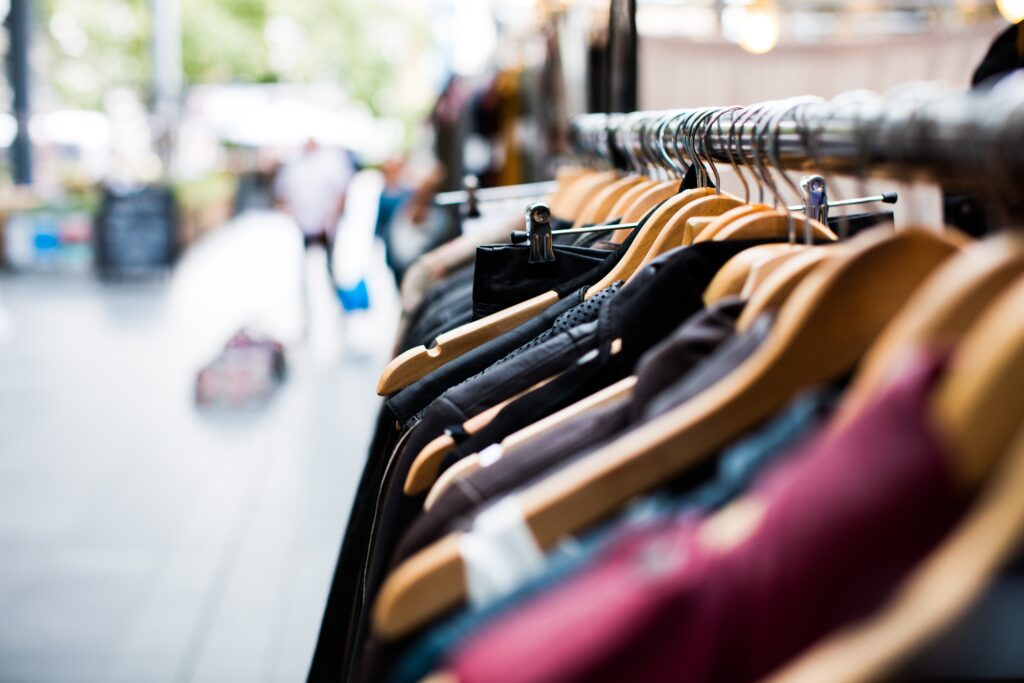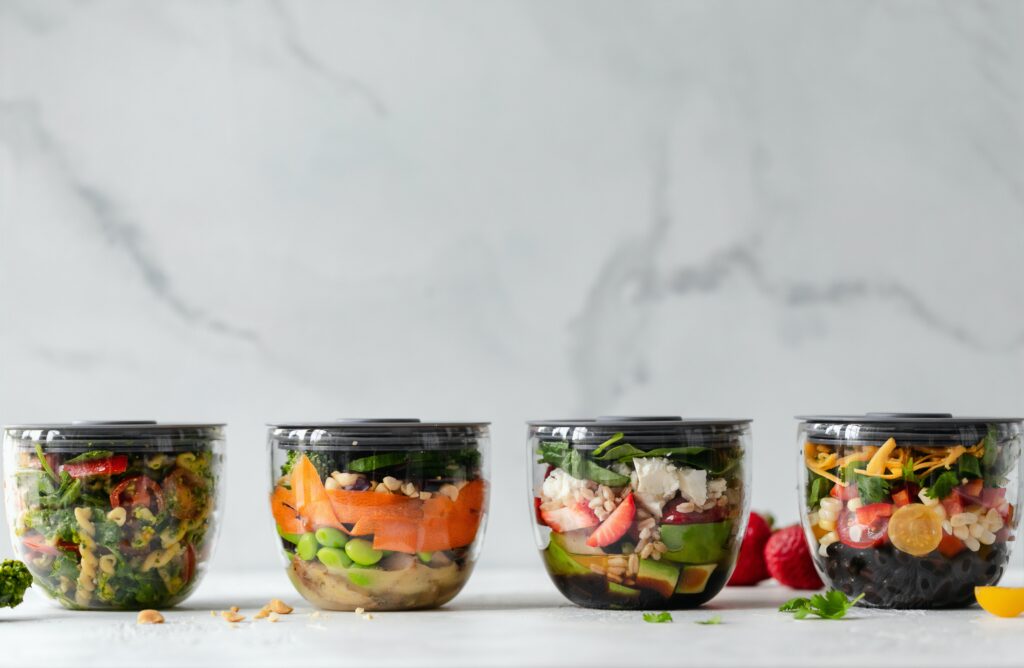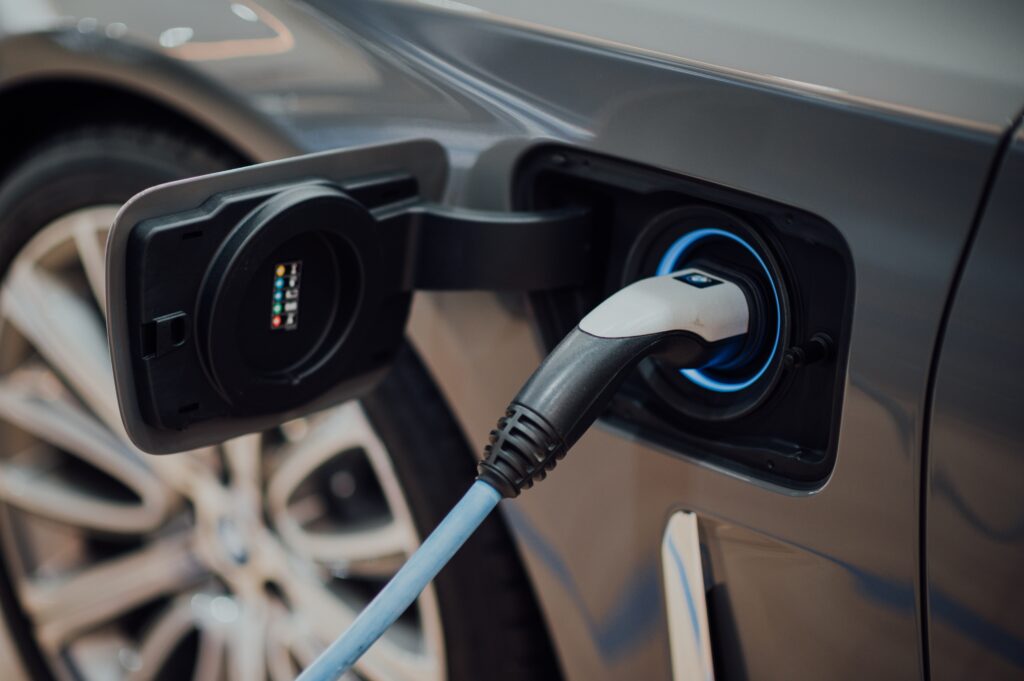The UK population have woken up to embrace more sustainable living. We all recycle. Bags for life are more commonly seen dangling from arms than single use plastic. Veg boxes are a regular topic of conversation. Yet we are still bombarded by single pieces of fruit wrapped in plastic, Styrofoam packaging, single-use coffee cups and other environmental horrors. It’s hard to get serious about something that most of us don’t feel the force of yet, but the projections are bleak and it’s time for every one of us to take action. The change must come from individuals. We can exercise our consumer power to make a difference. We need to work together to mitigate the huge impact that climate change is going to have. Here are Eco tips and life hacks to maximise your already ecologically conscious lifestyle even more.
Eat Less Meat
Cut your eco-footprint dramatically in one simple, very achievable move. Commit to a few days a week of eating no meat. Meat and dairy production is responsible for 14.5% of climate changing gases (more than all forms of transport). The beef industry emits 150 billion gallons of methane per day. Livestock takes up a disproportionate amount of land per pound - not to mention the water. 2400 gallons of water is needed to produce one pound of beef. Animal agriculture is responsible for up to 91% of the destruction of the Amazon. 1 - 2 acres are cleared a second to make space for livestock.
Plant-based meat alternatives are now delicious. You can do it!

Use your voice and buying power
Despite occasional feelings to the contrary, we do have the power, or rather our money does!
Ask your favourite brand about their eco-policies, question excessive packaging from the companies you love. Embarrass restaurants you visit that still give you plastic straws, email your (likely new!) MP and make it known that you are concerned about the environment. Use your buying power to boycott unsustainable products like palm oil, switch your bank account to one that doesn’t fund terrorism or invest in fossil fuels (Triodos is the best current option), buy food and products locally – investing in businesses in your own community and avoiding travel miles for products and produce would have a significant impact if we all shopped like this 50% of the time - after all why reward large unethical conglomerates that avoid tax and pay their staff poorly?
YES WE CAN use our collective actions to send a clear message about what change we want to see.

Shop second hand
Break the fast fashion cycle. Do you REALLY need another cheap ASOS top to make yourself feel fleetingly good? The UK charity shop is a thing of mystery and intrigue, and thrifting is much more fulfilling than high street shopping. That thrill of destiny as your fingers alight on a treasure that is a both, a total dream and (shock horror) in your size. The same goes for household appliances and furniture. Refurbished electronics carry a decent warranty. Marketplace, Depop, gumtree and eBay mean it is rarely necessary to buy new. Be warned: Depop is highly addictive.

Keep yourself informed
Furnish your news feed and information channels with eco-information and creating a green echo chamber around you of companies and entities such as Ethical Consumer, B-Corps, Business Green and The Ecologist Magazine amongst others.

Use everything and plan your meals
Minimising food waste is a great way of cutting your carbon footprint. Planning your meals in advance means less impulsive (plastic-wrapped, processed and unhealthy) choices when you’re out and about. Start that veg-box scheme you keep thinking about. Pop into your local zero waste shop and bulk buy your dry ingredients. Batch cook once a week if you can. Make sure you have Tupperware or wax wraps to take your leftovers or packed lunch with you. Thinking ahead and planning your meals will reduce your intake of processed food which is not only much healthier but will really save you cash!

Invest in your reusable kit
Make it easy peasy for yourself... Bag yourself a snazzy coffee cup for your daily treat. Most coffee shops even give you a discount for bringing your own. While you’re at it, invest in a spork (spoon-knife-fork), a water bottle and tuck a reusable shopping bag in your bag at all times. You will never need another pathetic wooden fork to eat your couscous again.

Let bugs live
Gardens amount to 5% of UK land. So, if everybody stopped pesticide use, grew insect-friendly plants, planted one tree or had a small pond, it could have a real impact. Composting and cutting back on mowing the lawn helps biodiversity too. Leaving even part of your garden to grow wild can help pollinating insects, like bees (which need all the help they can get!), thrive.

Consider ditching the flight for your next holiday
You can be inventive and still have a great time without flying to a holiday destination. Try inter-railing instead of flying to Europe. Explore the UK’s treasures during the summer months. Cut your CO2 emissions in half by making flights bi-annual.

Consider a second-hand electric car
The Green Alliance has gathered reassuring data on the used electric vehicle (EV) market; because of lower running and maintenance costs, used EVs work out cheaper over five years of ownership. This is not available to everyone due to expense, but it is worth considering and researching now for the point when you need to replace your vehicle.

Tell your friends
2020 is the year we all act together. Inspire your friends, colleagues, family and contemporaries with your actions.
Surprise them with home-made birthday presents, proudly show the Reusable Kit you carry with you, clothes-swap for a fresh wardrobe, bulk-buy cupboard goods together, suggest workplace improvements – like using recycled paper, and suggest to shops, businesses and friends when alternatives when you see
Even these small changes will have a big effect when adopted on mass. Be the change you want to see. And help each other to do better.


